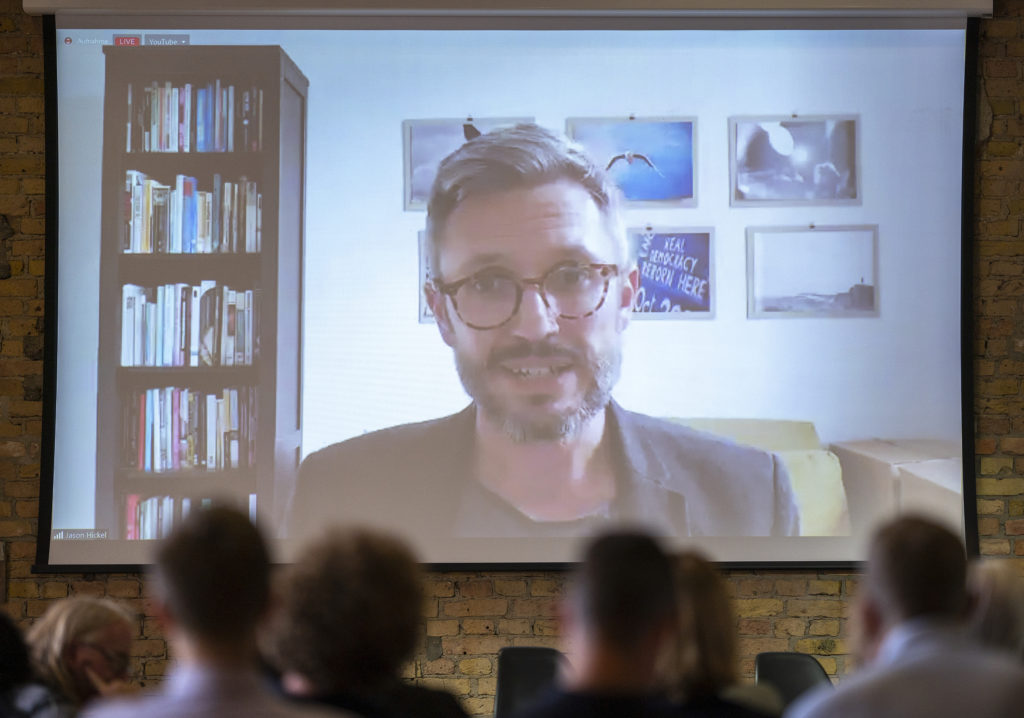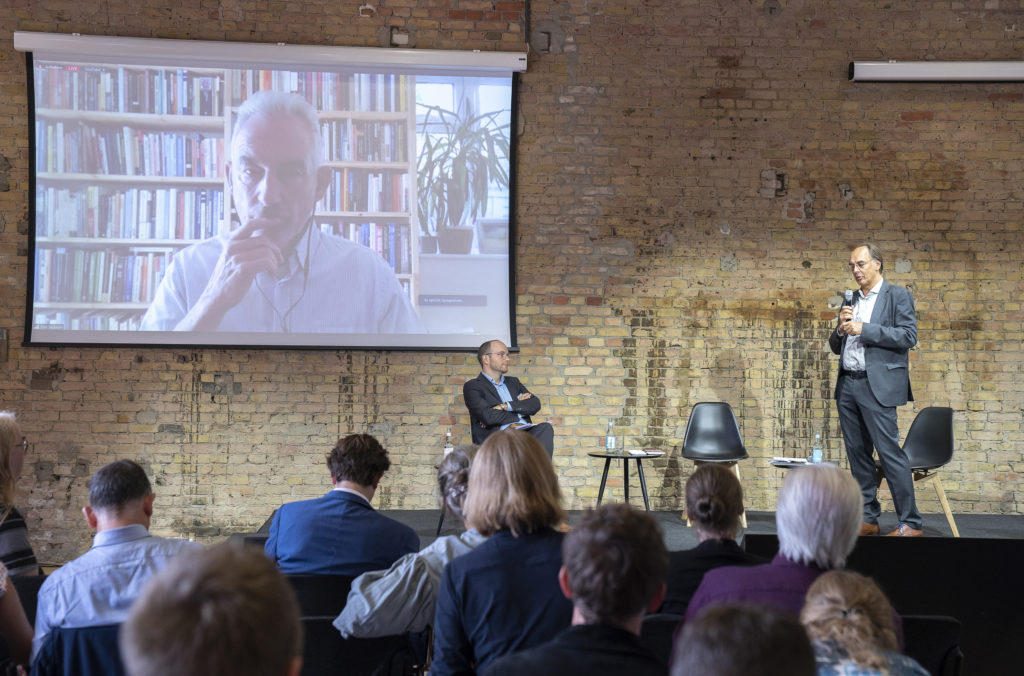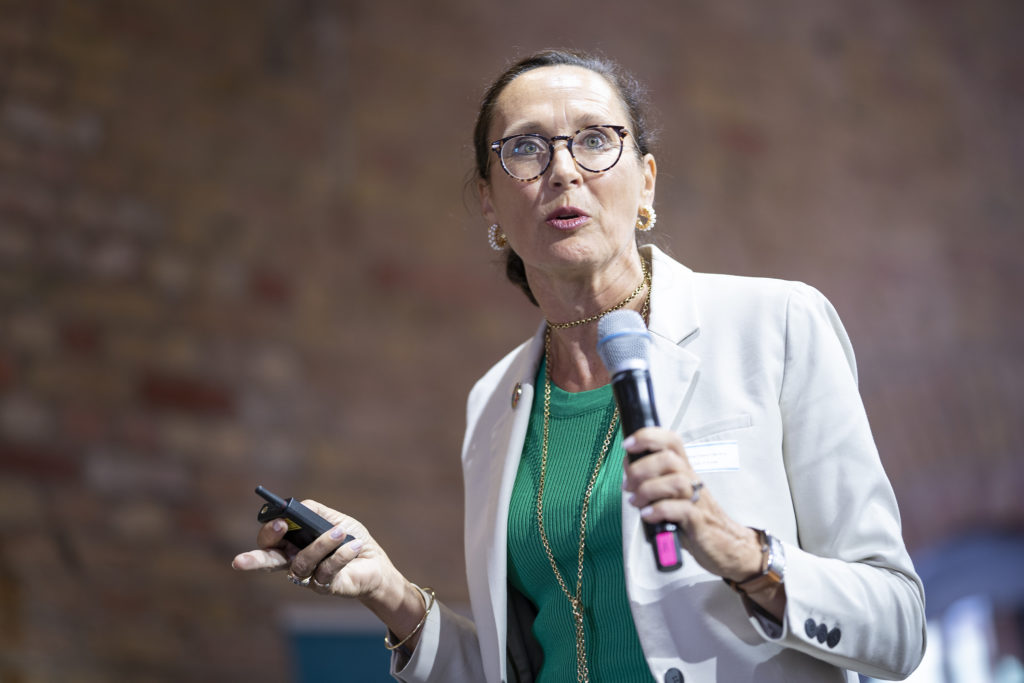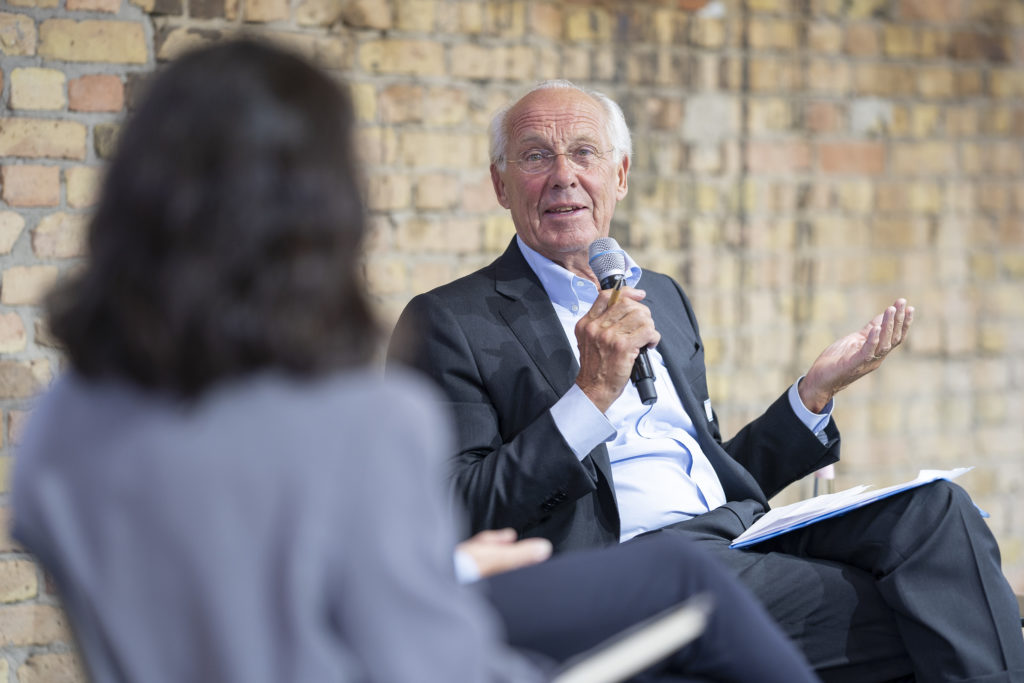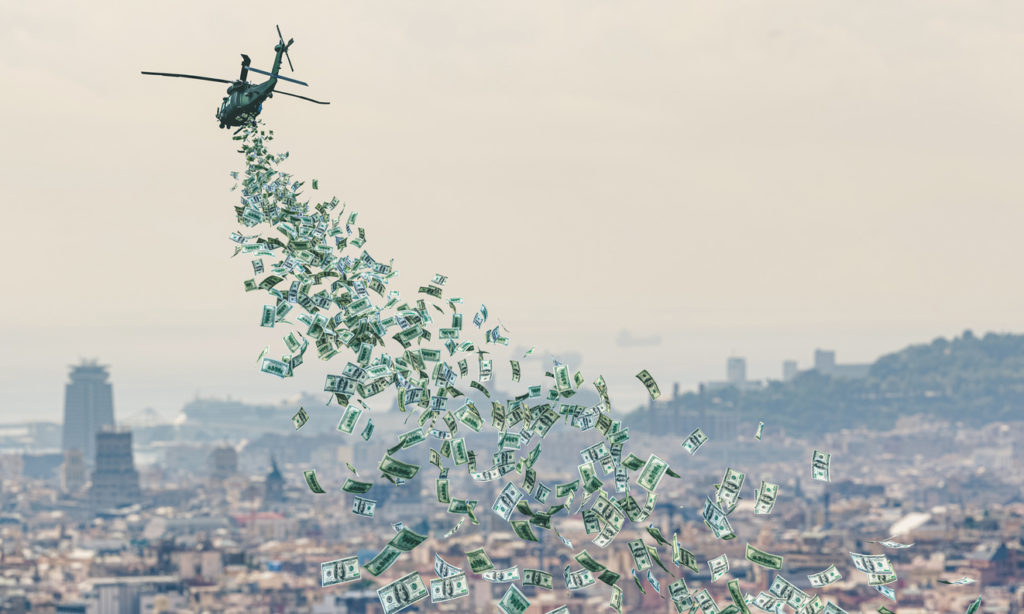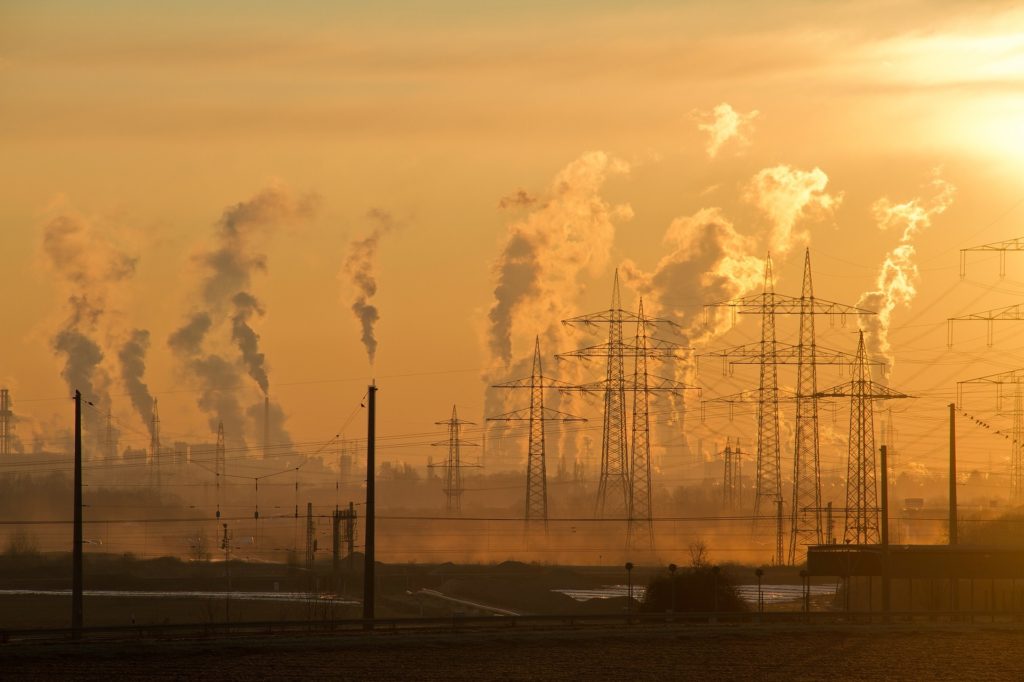Article overview
Top Economists Worry About New Thinkers at OECD
Some of the world's best-known economists have written a letter of protest to the Secretary-General of the OECD. The background is the fear of a significant downgrading of the OECD initiative "New Approaches to Economic Challenges" (NAEC).
What Would a Populist Government Mean for Italy and the Euro? Short Cut with Lucio Baccaro and Holger Schmieding
According to polls, Italians will elect a right-wing coalition in less than ten days. Would such a populist government lead Italy into a new debt crisis? We talked about this with Holger Schmieding and Lucio Baccaro.
The New Paradigm Papers of the Month of September
Once a month the Forum New Economy is showcasing a hand full of selected research papers that lead the way towards a new economic paradigm.
The New Paradigm Papers of the Month of August
Once a month the Forum New Economy is showcasing a handful of selected research papers that lead the way towards a new economic paradigm.
The Adventures of Money
A new article on contemporary monetary questions based on two recent books on the nature and the history of money.
The New Paradigm Papers of the Month of July
Once a month the Forum New Economy is showcasing a handful of selected research papers that lead the way towards a new economic paradigm.
Concerted Action - Preventing the Wage-Price Spiral? Short Cut Highlights
Chancellor Olaf Scholz has announced that he will bring together employers and unions in a "Concerted Action" to discuss tackling inflation. Can such an alliance prevent a wage-price spiral?
New Stiglitz Study: Using Capital Taxes to Fund Public Investment
Researchers around nobel laureate Joseph Stiglitz have proven in a new study that taxing capital to fund public investment reduces wealth inequality without compromising growth.

